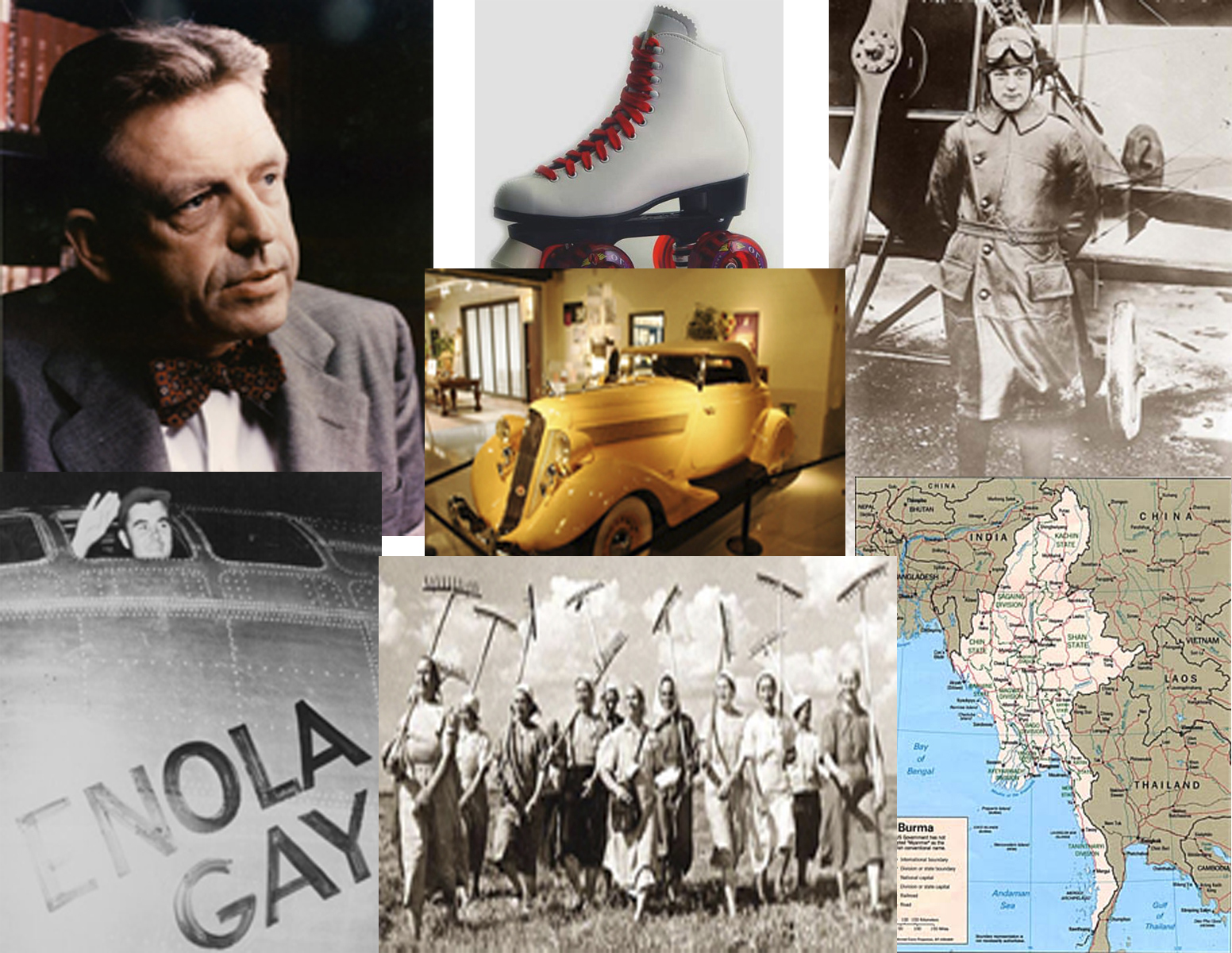21. "Bloomington Cares" Oral History Project, 2012-2013 31 Interviews
Indiana University Center for the Study of History and Memory
"Bloomington Cares" Oral History Project was a class project used to study voluntary organizations that focus on historical and cultural activities in the Bloomington community.

